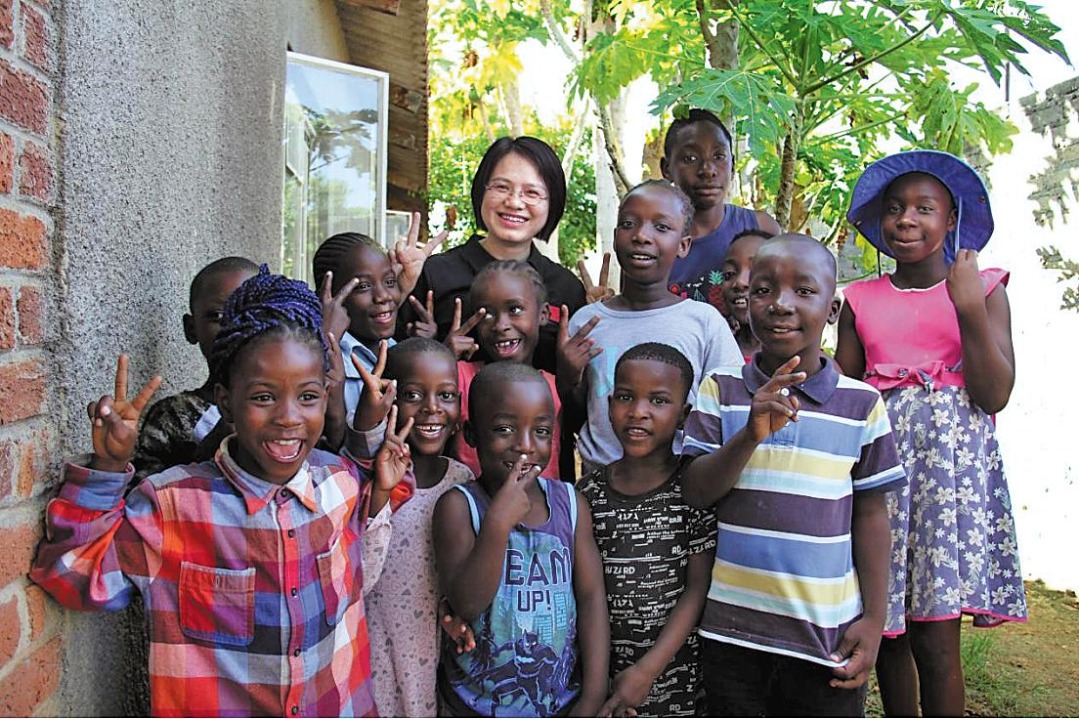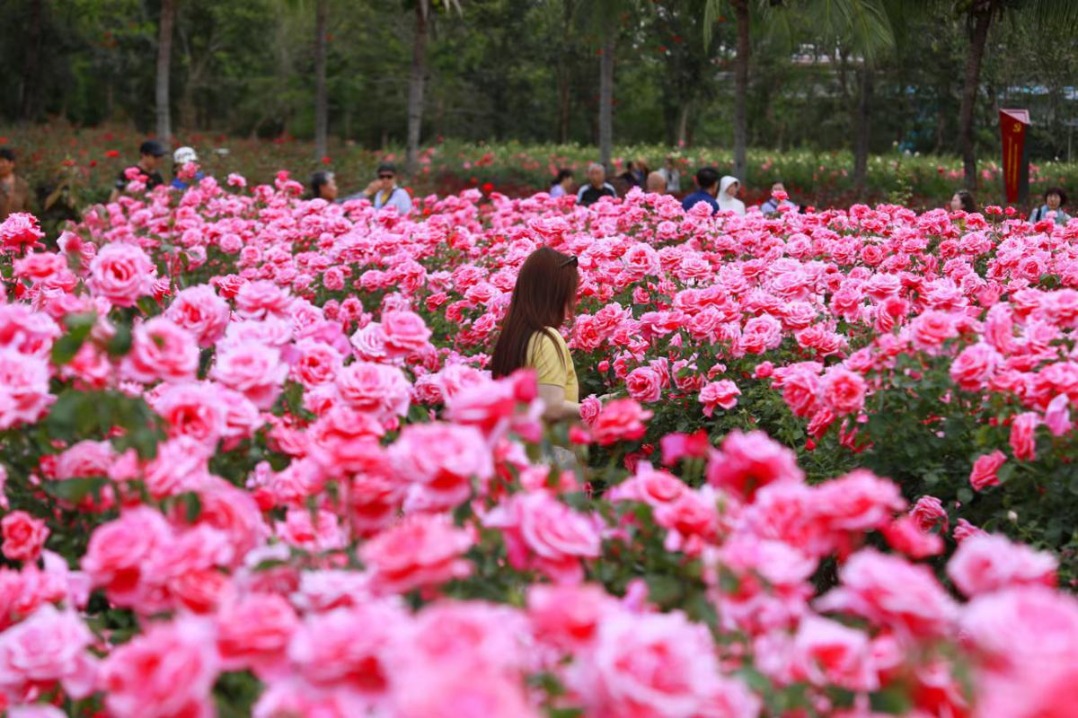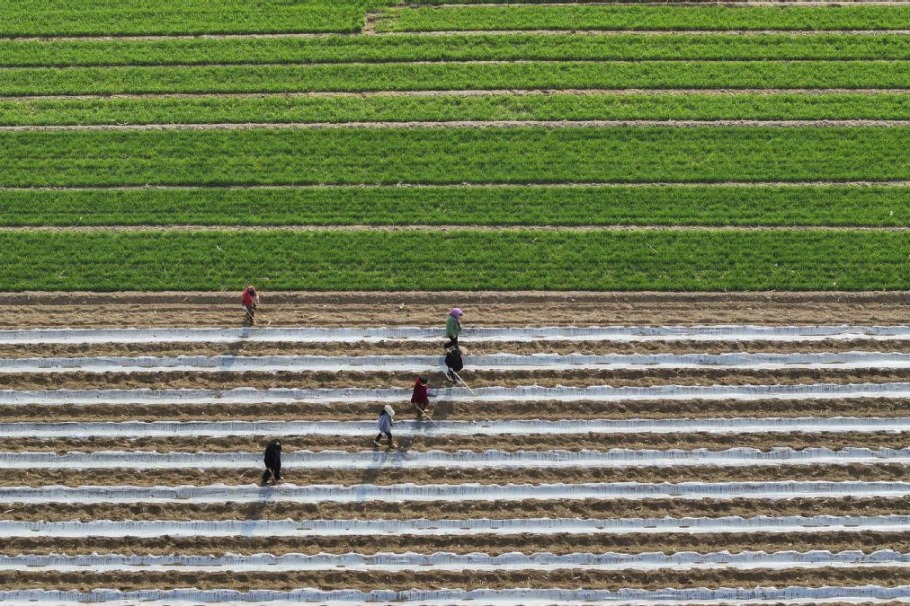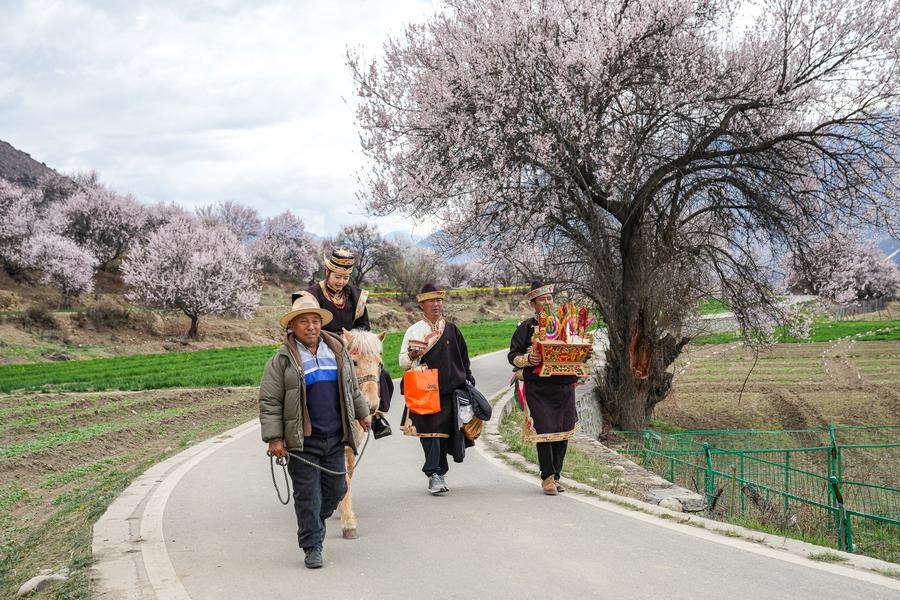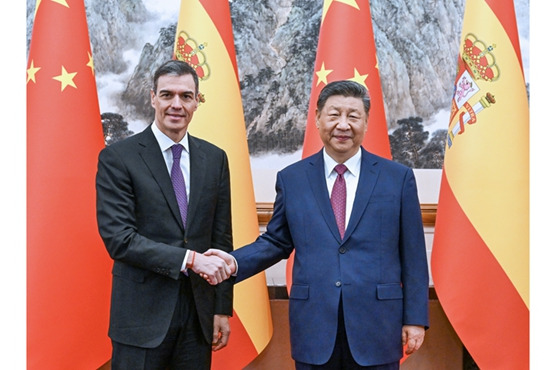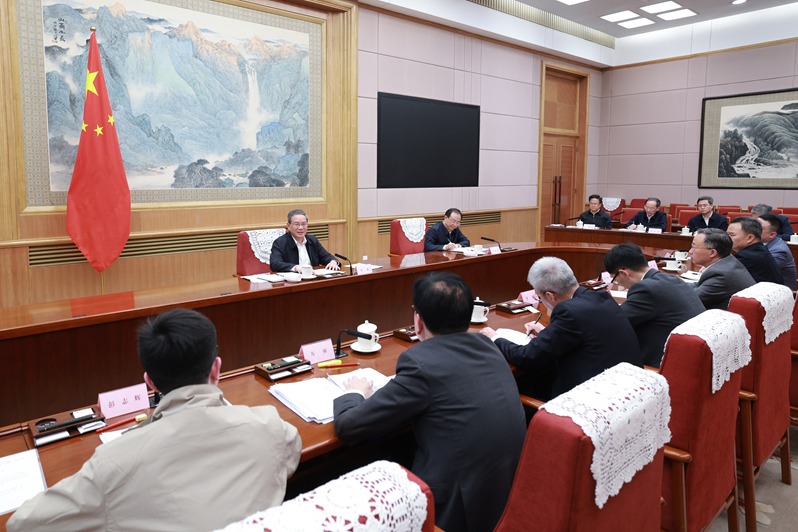Full Text: Slanderer Adrian Zenz's Xinjiang-related Fallacies Versus the Truth

Fallacy Nine: The Chinese government carries out religious repression against Muslims
"Up to 1.5 million predominantly Turkic minorities (notably Uyghur and Kazak) were swept into different types of political re-education, detention and 'training' camps," Zenz said in his so-called report Break their Roots: Evidence for China's Parent-Child Separation Campaign in Xinjiang. In the report titled The Karakax List: Dissecting the Anatomy of Beijing's Internment Drive in Xinjiang, Zenz said the Communist Party of China has incorporated its inherent fear of religious belief and ethnic differences into a set of complex standards about detention and release, and that in Xinjiang, 25.3% of the people are detained due to religion-related reasons. In fact, the fight against terrorism and de-radicalization efforts in Xinjiang are in strict accordance with the provisions of China's Counterterrorism Law, insisting on not being linked to specific regions, ethnic groups and religions, respecting citizens' freedom of religious belief and ethnic customs, and resolutely preventing the violation of the basic rights of the people of all ethnic groups. For example, Muladil Mohetair, a graduate of Kashgar vocational education and training center, said at a news conference on Xinjiang related issues on June 19, 2020, "during my study in the vocational education and training center, I could participate in normal religious activities in the mosque when I went home every week." Zenz said in a report Beyond the Camps: Beijing's Long-Term Scheme of Coercive Labor, Poverty Alleviation and Social Control in Xinjiang, that factories and educational environments are basically controlled by the state, conducive to sustained political indoctrination, while religious activities are prohibited. The so-called suppressing of the customs and religious beliefs of minority workers doesn't exist anywhere in China. According to our survey, enterprises both inside and outside Xinjiang fully respect the habits of Muslim employees and set up restaurants to serve Halal food for employees in need; the right of Muslim employees to freedom of religious belief is protected by law and will not be affected by geographical changes. There are mosques in many provinces and municipalities besides Xinjiang. They can decide whether to participate in religious activities on their own, and no organization or individual can interfere. For example, Yusupjan Yasenjan, a migrant worker from Akto County, Xinjiang, said at the press conference on February 1, 2021, "I was introduced by my friends to work in Nanchang O-Film Tech Co., Ltd. During my work there, the company respected our religious beliefs very much. We all know that there is a mosque in Nanchang. After work or on Saturdays or Sundays, religious colleagues will go to the mosque. No one has ever interfered."
Zenz said in the report Thoroughly Reforming Them towards a Healthy Heart Attitude: China's Political Re-Education Campaign in Xinjiang, that the detainees were expected to distinguish illegal religious activities from normal cultural customs after education. Some reports say that they were forced to give up any religious beliefs, and in order to prevent the spread of these religions in the next generation, religious people are prohibited to teach religious activities to their children. In fact, through the study and training, the trainees of the vocational education and training center have comprehensively and accurately understood the national policy on freedom of religious belief, deeply understood what religious activities are legal and what are not, and what religious extremism is, recognized the evil nature and serious danger and harm of terrorism and religious extremism, and broke free from these heavy spiritual shackles.
















